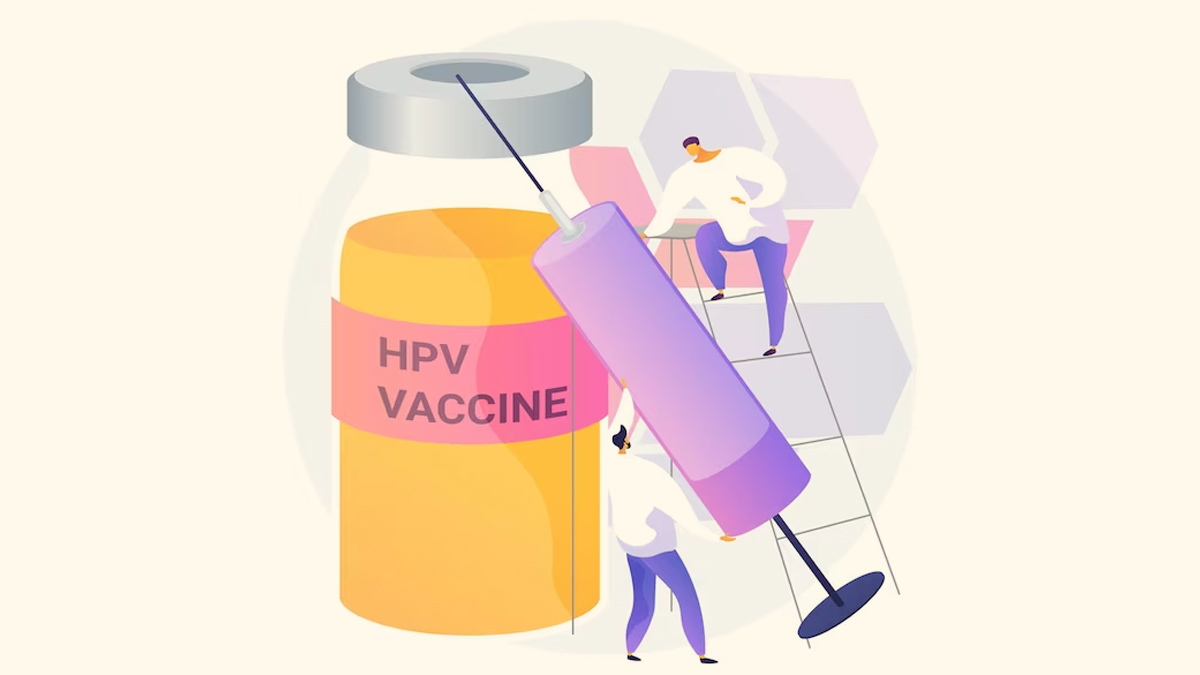
While HPV is often associated with cervical cancer in women, there's a hidden truth about HPV that deserves more attention. According to Dr Chhavi Gupta, Consultant of Infectious Disease, Fortis Hospital, Noida, HPV is a STI that can emerge immediately after the first sexual engagement. As per her, the viral infections are "transient and asymptomatic."
Table of Content:-
What Exactly Is HPV?
As per National Cancer Institute, HPV is a group of over 200 related viruses, with more than 40 types affecting the genital area. It is primarily transmitted through direct skin-to-skin contact, including sexual contact. HPV is incredibly prevalent, and most sexually active individuals will contract it at some point in their lives. However, the majority of HPV infections clear on their own and do not cause any health problems.
Also read: HPV Vaccine: Who Needs It And How Does It Work? Clarifies Expert
Men and HPV
Recent study published in the Lancet Global Health, revealed that one in three men carries HPV. HPV awareness campaigns have predominantly focused on its impact on women, particularly in the context of cervical cancer. While it's true that certain HPV strains can lead to cervical cancer, men can also be significantly affected by the virus. Here's what you need to know:
- HPV in Men: According to the Centres for Disease Control and Prevention, HPV infections in men often go unnoticed because they frequently do not display visible symptoms. However, these infections can lead to various health issues, including genital warts and certain cancers.
- Genital Warts: Some HPV strains can cause genital warts in both men and women. These warts can appear on the genitals, anus, and even in the throat.
- Cancer Risk: HPV is linked to several types of cancers in men, including cancers of the penis, anus, and oropharynx (the back of the throat). These cancers can have serious consequences and require intensive treatment.
- Transmission to Partners: Men who carry HPV can transmit the virus to their sexual partners, increasing the risk of HPV-related health issues for both men and women.

Prevention and Vaccination
HPV infections and related health issues can often be prevented. Here are key preventive measures:
- Vaccination: HPV vaccines are available for both males and females and are highly effective at preventing the most common HPV-related health problems. The vaccine is recommended for adolescents and young adults, but it can also benefit older individuals.
- Safe Sex Practices: Consistent and correct use of condoms can reduce the risk of HPV transmission, although they are not 100% foolproof due to skin-to-skin contact transmission.
- Regular Health Check-ups: Men should prioritise regular health check-ups to monitor for any signs of HPV-related health issues, particularly if they are at a higher risk due to sexual activity or other factors.
The Bottomline
The hidden truth about HPV's prevalence in men underscores the importance of HPV awareness campaigns that include all genders. By raising awareness, providing education, and encouraging vaccination, we can collectively reduce the burden of HPV-related health issues in both men and women.
Also read: Even if you took the vaccine, you could still be at risk of HPV
Also, people must take personal responsibility for their own health by discussing HPV, vaccination, and safe sex practices with their healthcare practitioners. We can work towards a healthier and more HPV-aware society, enhancing everyone's well-being, by publicly addressing the hidden facts of HPV and implementing preventive steps.
Also watch this video
How we keep this article up to date:
We work with experts and keep a close eye on the latest in health and wellness. Whenever there is a new research or helpful information, we update our articles with accurate and useful advice.
Current Version